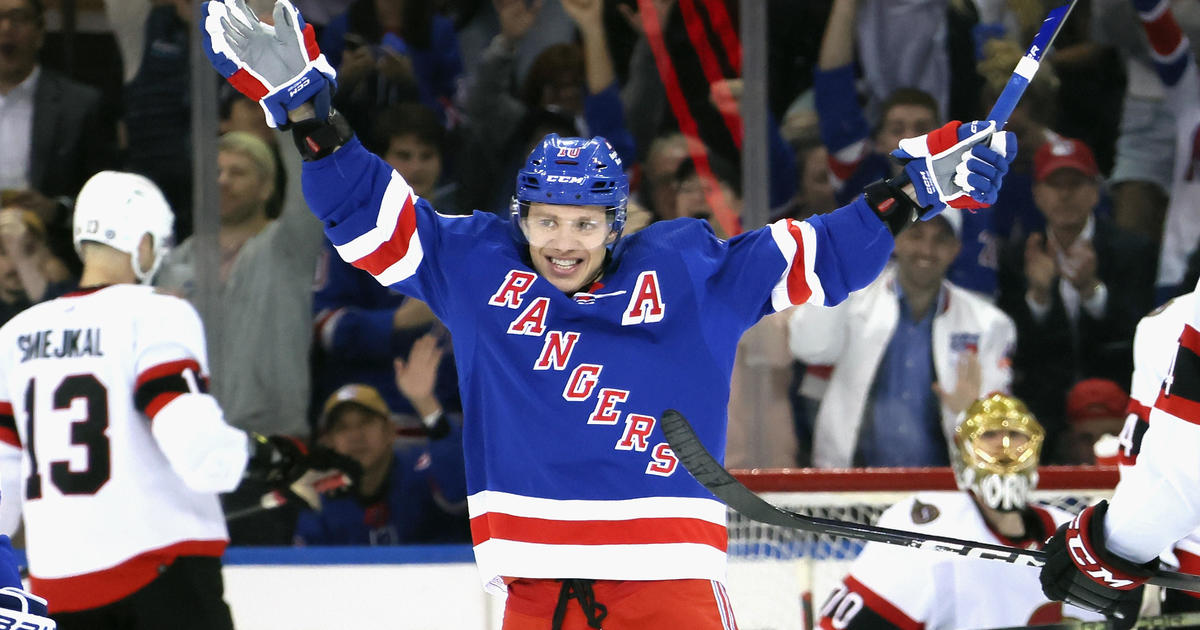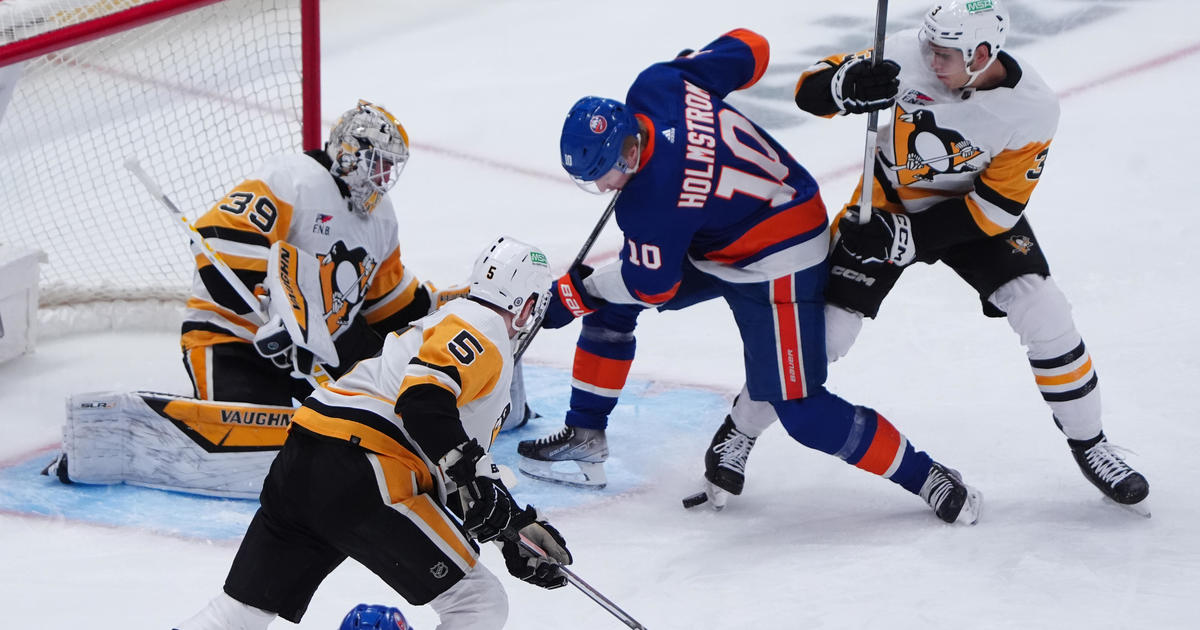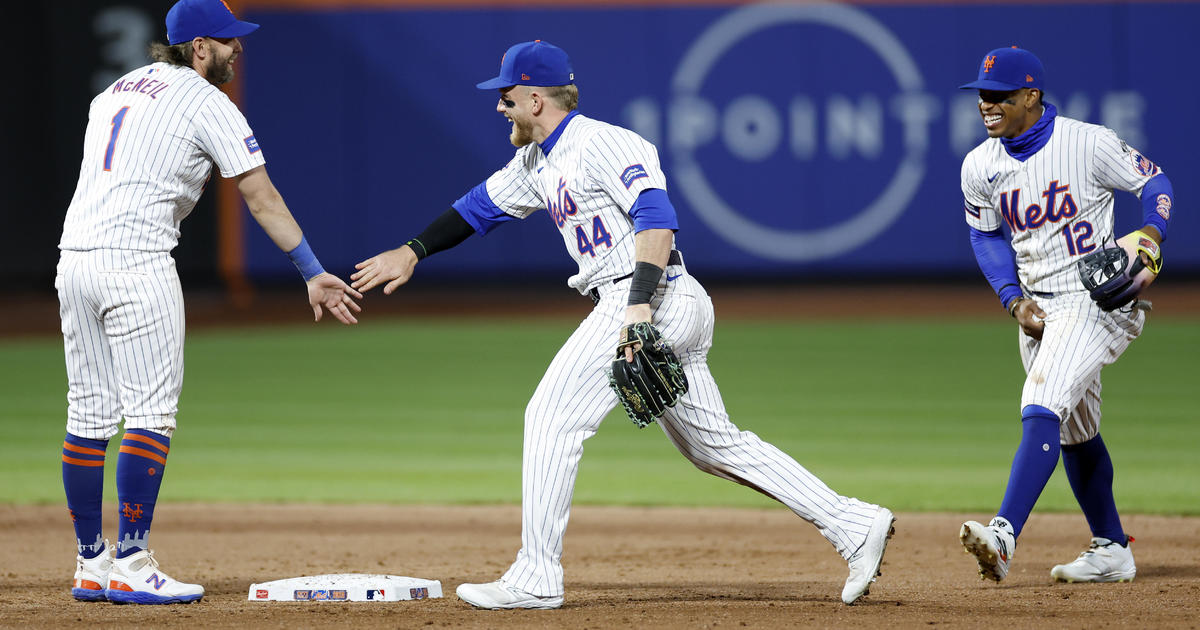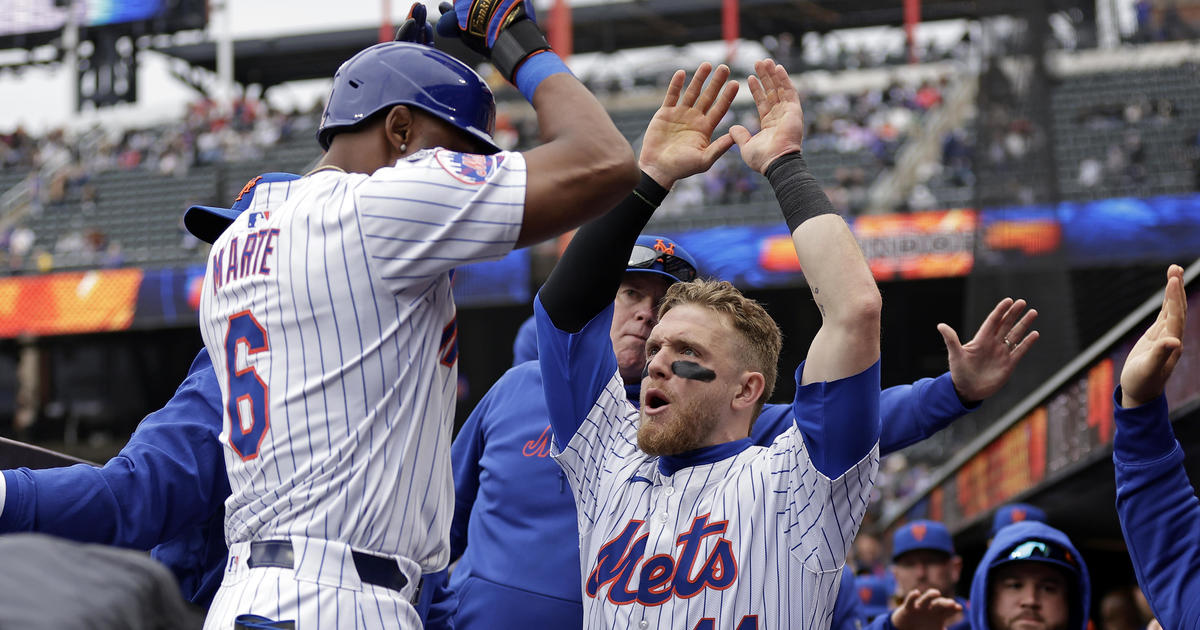Friedman: Incredible NHL Playoffs Marred By More Bad Officiating Than Usual
By Daniel Friedman
» More Columns
By virtually all accounts, this year's Stanley Cup playoffs have been outstanding.
The first round was memorable, though some teams — like the Tampa Bay Lightning and San Jose Sharks — may want to forget it. The games have been exhilarating and, if Thursday night's contest between the Boston Bruins and Montreal Canadiens was any indication, that trend will continue in the second round.
Just about everything has gone right for the National Hockey League in these playoffs. Everything, that is, except for the officiating.
During Game 3 between the Lightning and Canadiens, the Bolts were robbed of a go-ahead goal because the on-ice referees ruled that Tampa forward Alex Killorn interfered with Habs' net minder Carey Price. After a quick group huddle by the officials, the call was upheld.
Now, whether or not they made the right call isn't the issue here. What's troublesome is that such a crucial in-game event wasn't reviewed.
The Minnesota Wild essentially lost Game 5 to the Colorado Avalanche because of poor officiating. Late in the third period, Minnesota led 3-2, but Colorado's Andre Benoit got away with what should've resulted an interference penalty and then, moments later, a clearly offsides Paul Stastny was able to set up P.A. Parenteau for the game-tying-goal with 1:14 remaining.
Not only did the Avs tie it, they then won the game in overtime.
Just 2:52 into Game 7 of that same series, Colorado's Nick Holden scored to put his team ahead. There was just one problem: The Avs' Jamie McGinn basically obliterated Wild goaltender Darcy Kuemper on the play, which should have been a clear case of goaltender interference. After a brief discussion, the referees determined it was a good goal.
I sincerely wish that those horrendous calls were the only ones. Unfortunately, there have been several others throughout this postseason.
Refereeing has never been a perfect science and it likely never will be. Certain advancements have been made and the methods of rule-enforcing have evolved throughout the years, though, in some sports, such ideas are met with great resistance for fear of ruining the "integrity of the game" or the "human element."
The NHL has made significant strides in terms of implementing technological resources and using them to improve the accuracy of on-ice officiating. But not all calls can be reviewed, and this becomes a significant issue when you consider that far too often the actual referees who whirl around the rink tend to be alarmingly inaccurate.
People tend to concoct all sorts of conspiracy theories to explain bad calls, convinced that the league hates their favorite team (regardless of which club they root for), is biased towards Sidney Crosby and purposely disrupts games with poor officiating to ensure that certain major market teams are successful.
There's no conspiracy and no double-standard. What you perceive to be bias is really a combination of inconsistency and inaccuracy.
I've always felt that the rule changes following the 2005 lockout were largely responsible for this present-day dilemma. NHL hockey became faster and, as a result, much more difficult for referees to keep up with.
The NHL's "War Room" in Toronto has certainly helped the league pick up a fair amount of the slack. When asked to review a play, the right call is made more often than not. Blown calls are inevitable, but the system is more beneficial, far less the detriment it is sometimes portrayed as.
But there are certain rules that prevent video review from making the type of positive impact that it's capable of. For instance, during Game 7 between Colorado and Minnesota, there was no review of the first goal because, according to current league rules, incidental contact does not warrant a video review.
We're talking about a Game 7; a do-or-die, every-goal-matters situation. Yet at such a crucial juncture, the league is comfortable letting the referees simply discuss the matter without video review to determine whether or not a goal counts. That is absolutely unacceptable. How can that possibly be justified?
Unfortunately, the problems do not end there. All too often has the inexplicable "intent to blow" rule robbed teams of goals that were perfectly Kosher. Per the NHL rulebook:
78.5 Disallowed Goals – Apparent goals shall be disallowed by the Referee and the appropriate announcement made by the Public Address Announcer for the following reasons:
(xii) When the Referee deems the play has been stopped, even if he had not physically had the opportunity to stop play by blowing his whistle.
I'm sorry, is that a joke?
Could that rule be any more ill-defined? What actually constitutes "intent to blow?"
That can't happen. Either the goal was scored legally or it wasn't. Surely a proper video review would allow officials to decipher the truth.
It goes without saying that the definition of what constitutes a reviewable play needs to be revised and expanded. That is not to suggest that every goal, every play should be reviewed. But certain scenarios have to be subject to review. If there's the slightest suspicion that the goaltender was interfered with, that needs to be looked at. If the puck was covered and held by the goalie without a whistle for several seconds before a goal, that has to be looked at.
Will Toronto get the call right every time? Probably not. But the accuracy rate in these types of situations will go up, and that can only be a good thing.
Another way to utilize video review to its full potential is by giving head coaches the ability to challenge on-ice rulings.
There has to be structure to it. Coaches shouldn't have unlimited challenges, nor should they be allowed to challenge all types of calls. I also think that, as is the case in the NFL, if a coach challenges a call and it's not overruled, he should lose a timeout.
However, this poses another issue: If a coach only has one timeout (as is currently the case), he's unlikely to use it on a challenge. Therefore, I'd suggest that teams be given two timeouts. I think, regardless of whether or not a coach risks losing one with a challenge, it's time to give him two to work with.
Much like in basketball and football, there are multiple situations that arise during hockey games where timeouts can be beneficial. I don't quite understand why NHL coaches only get one timeout, while NBA and NFL coaches get several. I think allowing two would be a reasonable compromise.
I'd also say that there needs to be a higher level of accountability.
The NHL has made significant strides, in my opinion, in terms of explaining suspensions and giving those on the outside an idea of how those kinds of decisions are made. I believe the same needs to be applied to referees. If a bad call is made and the league realizes that shortly thereafter, there needs to be an issued statement.
NHL officiating is essentially a run-and-gun operation right now. In today's HD world, where fans can clearly see a missed call on their own televisions, the league shouldn't keep quiet and pretend nothing happened. Admit the mistake, apply proper discipline to the referee at fault when appropriate and move forward. Show the fans that you're dealing with the issue. It can only help your cause.
This is not something the league can just experiment with at RDO (Research, Development and Orientation) camps for the next three years. This is something that needs to be put into practice immediately.
All the building blocks are in place. The NHL already has an excellent video review system and there's room within hockey to allow for coach's challenges without disrupting the flow or (supposedly) ruining the integrity of the game.
Players deserve better. Fans deserve better. Hockey deserves better.
Follow Daniel Friedman on Twitter @DFriedmanOnNYI
You May Also Be Interested In These Stories



